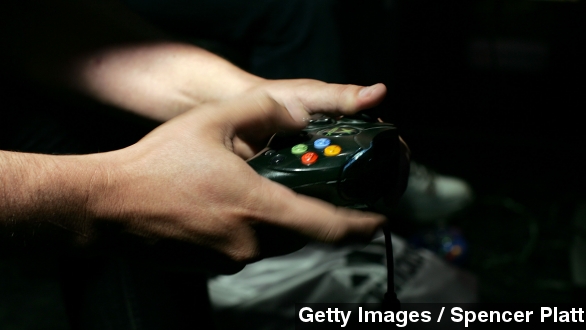Depending on who you ask, the online movement called Gamergate is about journalism ethics, misogyny in gaming, or one of a dozen other issue. If there's one thing that's clear about Gamergate, it's that the movement has splintered the gaming community into two sides of a vehement debate since August of this year.
But what role do brands play in this movement or should they play a role at all?
Gamergate activists have been pressuring companies to take a side in the debate by removing their advertising from certain sites deemed hostile to the movement. It's called "Operation Disrespectful Nod," and it's successfully pulled ad campaigns run by Intel and Adobe.
And a Fortune writer goes after the "normally chatty companies ... [who] have hit the mute button" as people have verbally attacked women gamers for criticizing the movement.
Fortune contacted seven top game publishers. Only one, Ubisoft, the company behind "Assassin's Creed" and "Watch Dogs," responded, denouncing the bullying campaigns that've become a part of Gamergate — but that's about it.
A feminist gamer wrote an opinion piece earlier this week saying game publishers and other big companies have stayed out of the fray not because they're "cowards" but they, in her words, "have interests that align with #GamerGate and so yeah, they aren't going to do anything to stop it."
But an article from AdAge argues brands should stay out of it because "Like Most Political, Cultural Battles, Responding Is a Lose-Lose Situation."
One example used in the Ad Age article: Intel, who seemed to be siding with Gamergate after buckling to advocates' demands by pulling ads from website Gamasutra. That prompted backlash from Gamergate's opponents, and Intel later issued an apology denouncing the harassment of women.
So the "stay out of it" suggestion seems a bit difficult to follow because, in Intel's case, they were targeted before saying anything and attacked after they pulled their ads — brands are damned if they do, and damned if they don't.
Companies aren't the only one in a Catch-22. A writer at Bloomberg View says, "this battle is impossible for anyone to win ... the GamerGate War is making it no longer fun to be a geek on the Internet."
This video includes images from Getty Images.


